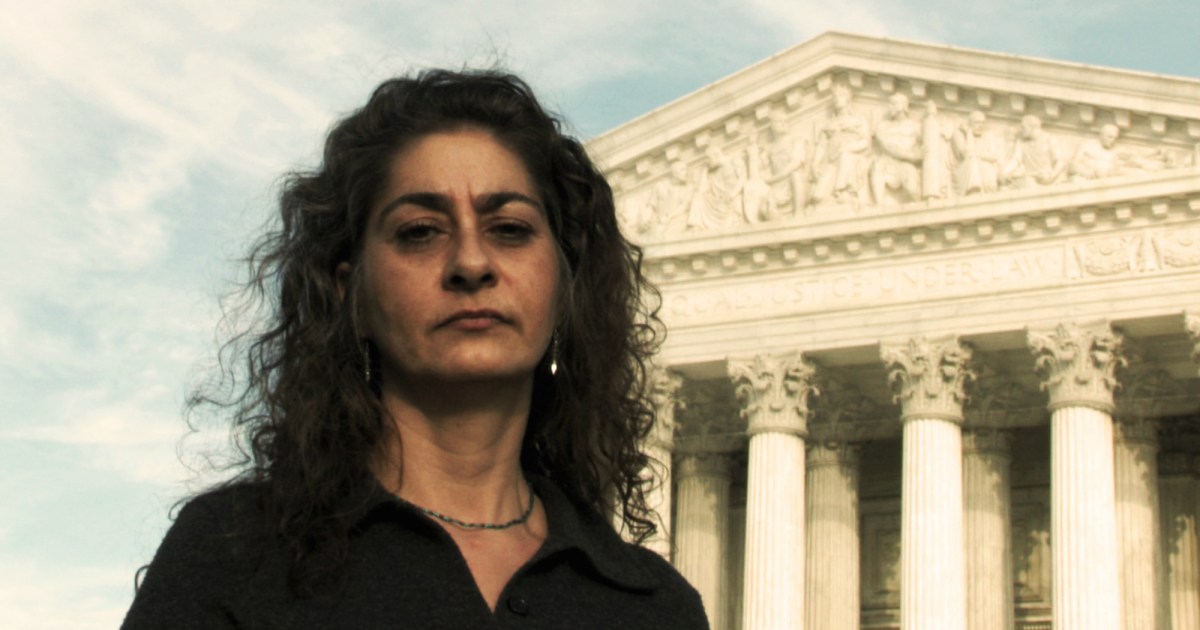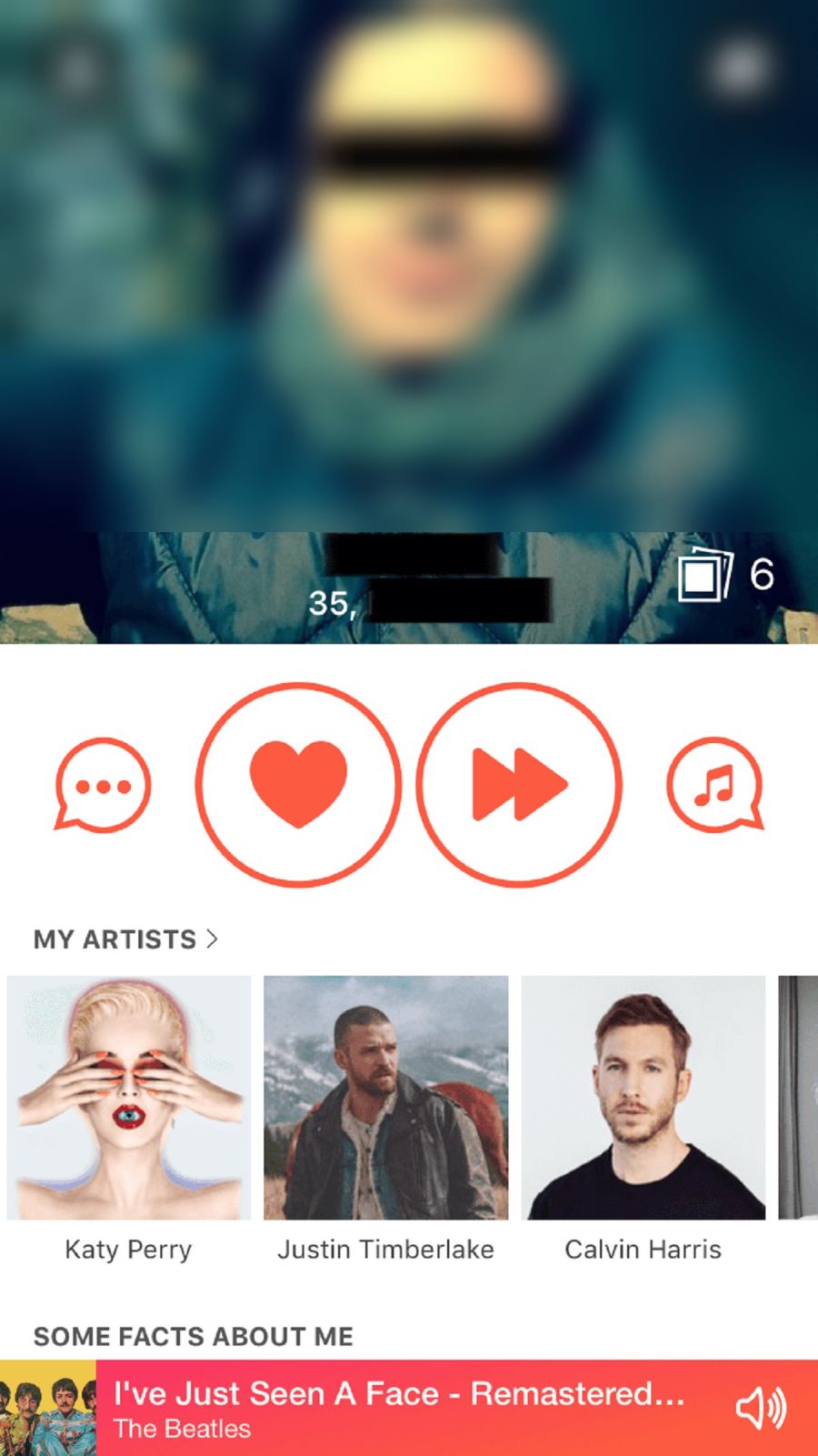Some French Hello: Talk About Hi There and Goodbye in French
Dreaming of finding out a brand new tongue?

Simply no bank card resources desired.
5 Must Discover French Hello
1st impressions matter. Specifically if youare in France. Focusing on how saying heya and so long in French is very important to accomplishing fluency from inside the dialect. Although pronouncing a?bonjoura? correct might seem like a compact routine, there are plenty a lot more hello for the French words. Discover all hi in French, and make the introductions unforgettable.
The Common French Cheek Hug Greeting

Cheek making out named a?la bisea? can be quite common in France. Although itas primarily restricted to female, guy that happen to be good friends could even take action. However, the cheek smooching rules fluctuate based on the state plus the domain that you will be seeing. In Belgium, for instance, one should welcome everybody more youthful than you are or in similar production with one kiss. Customers avove the age of you’ll get three kisses, beginning with ideal cheek. In France, the number of cheek kisses differs considering countries. This humorous map can tell you amount kisses is traditionally granted. The usual is definitely two, but some districts call it quits to four.
This really quite complicated, particularly if you include guest these region the first time. The good news is that whenever an individual encounter a French guy the very first time, moving fingers is definitely acceptable. Generally be enthusiastic and understand how other folks are communicating, and you should have the ability to fast discover the cheek touch criterion of this part you are remaining in.
Learn to Talk About Hello in French
Below are French greetings you mayall get a hold of helpful if you need to state hello to individuals in France. Donat worry about your own highlight or pronunciation. Itas a bigger factor which you test at the start. Bring these French hellos a chance, and excite the neighbors easily.
Bonjour a Hello!
This is basically the greatest French greeting, also it work throughout a formal and relaxed setting. Should youare mastering French, itas most likely the primary salutation an individual face. Later in the day, swap bonjour with bonsoir (close evening). Depending on the occasion, bonjour or bonsoir is a perfect salutation for people one encounter for the first time.
Salut! a Hi!
This French salutation is made for individuals you frequently view or realize nicely. Truly a friendly welcoming, and you ought to avoid using it in an official setting.
Coucou! a Hey there!
It is a tremendously casual welcoming. You will need to use only it whenever addressing pals and group. When you use they in formal methods, you may bring many stares, finding yourself uncomfortable.
Quoi de neuf? a Whatas awake?
Although this is a casual welcoming, itas more often put as a conversation beginning in French.
AllA?? a Hello?
This could be only employed over the phone to ascertain whether an individual is on the line. It is possible to use it to acquire the attention of an individual who has not listened to one.
Stating Goodbye in French
Listed here are standard farewell French expressions.
Au revoir! a Goodbye!
That is a regular salutation and its acceptable in conventional and relaxed controls. People in French-speaking places consider it impolite if you put a living room or hang-up the telephone without the need for the term.
Salut! a Bye-bye!
Perplexing, correct? This greeting enables you to talk about both bye and howdy. Also, it is a friendly strategy saying bye, and you will probably avoid using it when in an official setting.
Ciao! a Help You!
While the word was Italian, it offers become popular among youthful French presenters. It’s mainly used in everyday settings.
Mon regard est dAsolA(e), mais je dois y aller a Iam sad, but i must run
This word may be used in a casual and formal style. The biggest reason for making use of actually to highlight of the importance. The pronoun y preferably should are available before aller in case you have definitely not pointed out the situation you are going.
Once the speaker is feminine, a supplementary a?ea? are put in the end. The pronunciation associated with the  word does not transform; but is actually a grammatical dependence on finnish this is displayed in writing.
word does not transform; but is actually a grammatical dependence on finnish this is displayed in writing.